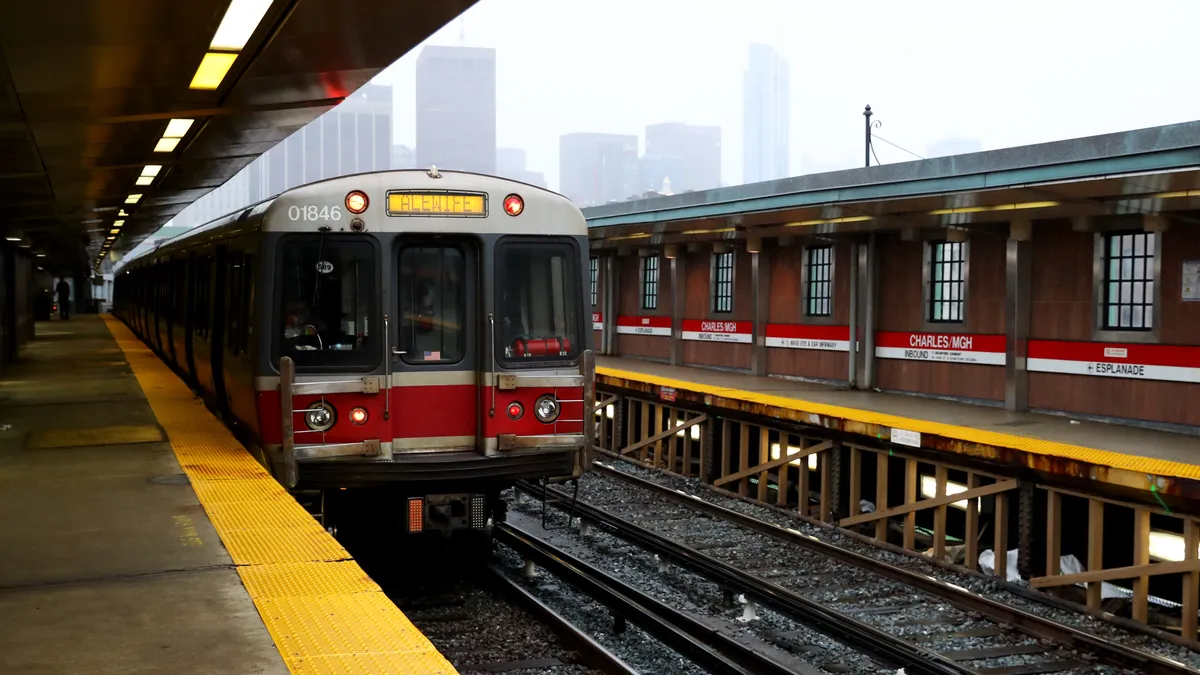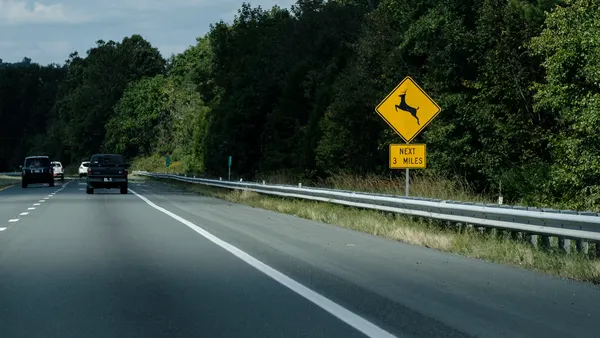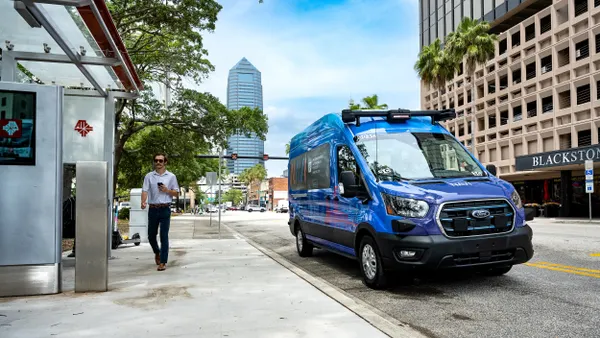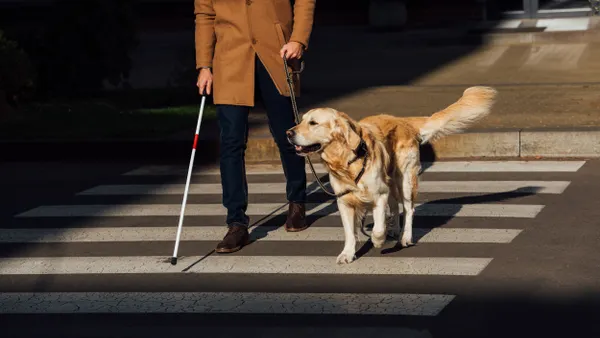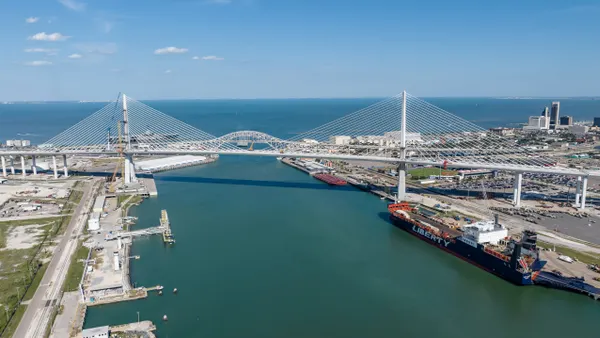The Massachusetts legislature’s joint committee on transportation held an oversight hearing on Monday probing a series of safety lapses at the Massachusetts Bay Transportation Authority, which serves the greater Boston area. The MBTA is the nation’s fourth largest transit system.
An April 14 letter from the Federal Transit Administration to MBTA General Manager Steve Poftak listed a “pattern of safety incidents” that included derailments, train collisions and grade crossing fatalities. The federal agency immediately assumed safety oversight of the MBTA, a step it has taken only once before, at the Washington Metropolitan Area Transit Authority in 2015, which serves the Washington, D.C. region.
Last year, a Green Line light rail train crashed into the train ahead of it and a Red Line subway train derailed in South Boston. This year a man was dragged to his death when his arm became trapped as the doors closed and the train accelerated out of the station.
Poftak and Massachusetts Transportation Secretary Jamey Tesler were grilled for nearly three hours at the Massachusetts State House. Tesler was appointed to lead the Massachusetts Department of Transportation one year ago. Poftak took over as general manager of the MBTA at the beginning of 2019 following an earlier series of accidents under previous leadership.
The FTA is conducting a safety management inspection of the MBTA’s transit operations and maintenance programs. To date, federal safety inspectors have found understaffing at MBTA’s Operations Control Center, with more than 20 dispatchers and supervisors failing to complete their biennial safety recertifications. More than 40% of train operators, 50% of supervisors and 100% of yardmasters on the Green Line are overdue for annual recertifications.
In June, the FTA issued four “special directives” requiring the MBTA to take immediate action to correct these and other issues, including runaway subway trains within storage yards and a failure to establish and enforce personal protective equipment requirements for maintenance-of-way employees. In response to the shortage of dispatchers, the MBTA reduced service on three subway lines and began offering a $10,000 signing bonus for new dispatchers.
In a press release issued July 14, the MBTA said it “has met all the FTA’s deadlines and requirements to date in response to the four special directives issued and continues to develop Corrective Action Plans (CAPs) to address them.”
At the hearing, Tesler blamed the MBTA’s problems on “decades of under- or disinvestment in the system,” while also noting that the agency “has invested almost $8 billion into new tracks, cars and signals” since 2016.
Poftak said, “We acknowledge that safety incidents have occurred and that our service levels are not where they want them to be due to staffing challenges.”
The results of the FTA’s ongoing safety inspection are expected to be released in August, Poftak said. “We anticipate the final report will have a series of additional findings that we will have to address with another set of corrective action plans,” he told the joint committee during the hearing. He estimated the cost of complying with the FTA’s existing directives at $300 million and warned that additional remedial actions will incur further costs. “They will be significant,” he told the legislators.
But the costs of non-compliance could be even greater. The FTA warned that it could take enforcement action, which may include withholding 25% of the MBTA’s federal funding or ordering shutdowns of one or more rail lines.



